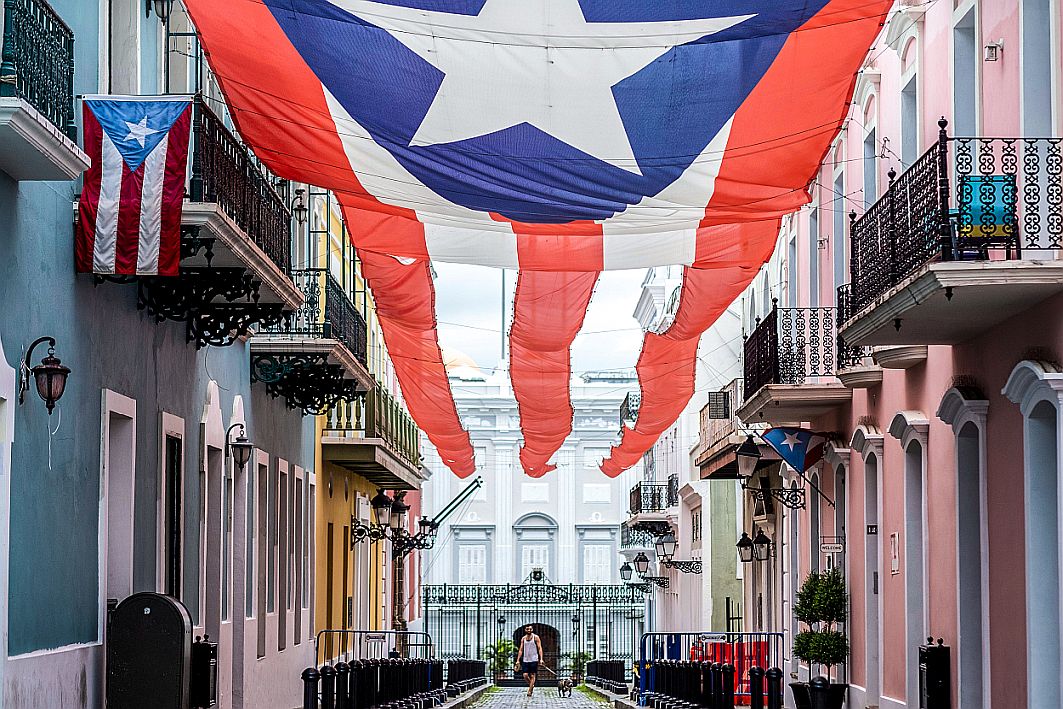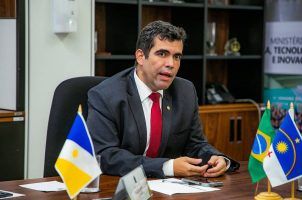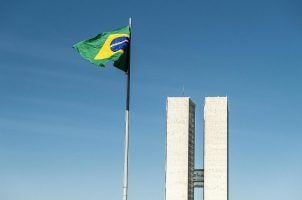Puerto Rico Seeks ‘Equitable Distribution’ of Slot Machine Revenue
Posted on: October 10, 2023, 07:08h.
Last updated on: October 10, 2023, 12:36h.
Puerto Rico relies heavily on tourism for its economic stability, and casinos have played a significant role in attracting tourists. There has, however, been a recent decline in gaming, and new laws currently on the table should help turn things around.

Puerto Rico’s House of Representatives and the Senate have given their approval to a bill that paves the way for slot revenue. The Law on Gambling and Authorization of Slot Machines in Casinos could give a significant boost to tourism revenue and the entertainment sector.
Gaming License Fee Revenue Restructured
Bill 1119 outlines a strategic distribution plan for the income from slot machine licenses. some 60% of this revenue will be allocated to Puerto Rico’s Trust of Retirement of the Police. Behind the legislation are the president of the Tourism and Cooperative Commission, Matos García, and legislator Rivera Mader.
Another 35% of the proposed income will be directed toward the creation of a new Fund for Municipal Reengineering. This fund aims to make a substantial impact on individuals benefiting from the Nutritional Assistance Program, as well as residents in the respective municipalities. The bill recognizes the potential of these funds to address pressing community needs and contribute to the overall well-being of the population.
The Puerto Rico Gaming Commission will keep the remaining 5%. This allocation, according to the bill’s supporters, ensures the effective regulation and oversight of the gambling industry, contributing to the integrity and fairness of gaming operations on the island.
The legislation aims to create a regulated and controlled framework for gambling activities, with a focus on slot machines. Supporters of the bill argue that this will diversify Puerto Rico’s tourism offerings and contribute to the territory’s economic growth.
This legislation maintains the slot machine circulation limit at 45K. However, a provision comes into play when the number of machines reaches 35K. At this point, the Gaming Commission will have to conduct a study justifying the need for anything above that number.
If the regulator can adequately justify its approval, the proposal must undergo evaluation by the national Legislature.
Equitable Distribution of Slot Machine Revenue
A different legislative initiative, Bill 0043, aims to redefine the allocation of the revenue the new law generates. It’s not as far along in the legislative maze as Bill 1119.
A key aspect of this bill is the adjustment in the distribution of funds to the University of Puerto Rico (UPR). The suggested modification stipulates that the initial $315 million generated should be distributed differently. Thirty-four percent would go to “Group A,” comprising concessionaires with slot machines in their gaming rooms. The other 66% would go to “Group B.”
Group B encompasses the Special Statutory Fund, the General Fund, the Fund for the Development of the Tourism Industry of Puerto Rico and the General Fund of the University of Puerto Rico. Within this 66%, the UPR would receive 45% of the total, marking a shift in the financial distribution model.
The revenue ranging from $315 million to $495 million, will be divided between the two categories as follows: 60% for Group A and 40% for Group B. In this case, though, UPR’s School of Restaurant and Hospitality will receive the biggest share.
Subsequently, out of the total collection exceeding $495 million, Group A will receive 80% of the surplus funds. The remaining amount will go to Group B, and out of that 20%, the university’s share will be 45%.
Bill 1119 only needs approval by Puerto Rico’s governor, Pedro Pierluisi. Bill 0043 has secured partial approval from the House of Representatives and now awaits further examination by the Senate.
Related News Articles
Puerto Rico Gambling Legislation Advances, Seeks Revenue to Fill Fiscal Hole
Brazil Fantasy Sports, Esports Legislation Takes a Step Forward
Brazil Senate Continues to Drag its Feet on Sports Betting Bill
Most Popular
Mirage Las Vegas Demolition to Start Next Week, Atrium a Goner
Where All the Mirage Relics Will Go
Most Commented
-
Bally’s Facing Five Months of Daily Demolition for Chicago Casino
— June 18, 2024 — 12 Comments -
Chicago Pension Mess Highlights Need for Bally’s Casino
— July 2, 2024 — 5 Comments
















No comments yet